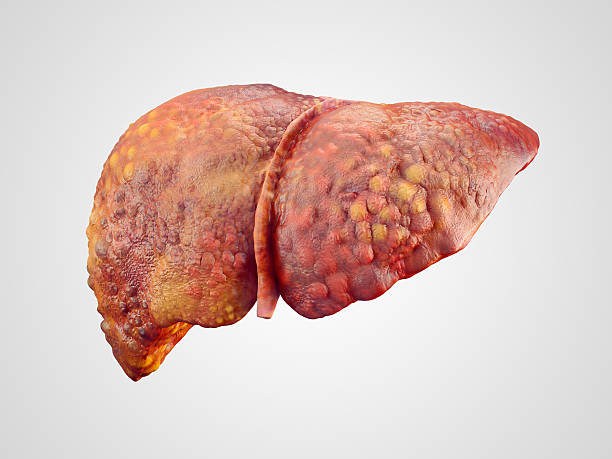03 Feb 2026
Rhinoplasty Revision Surgery in Mohali: Cost When Your First Nose Job Fails


Dr. (Prof) Arunanshu Behera
22 May 2025
Call +91 80788 80788 to request an appointment.
Liver cirrhosis is a condition that arises from the long-term, continuous damage to the liver and may result in permanent liver scarring (cirrhosis). The liver is an essential organ that plays a vital role in various bodily functions, including detoxification, protein synthesis, and digestion. Understanding liver cirrhosis is crucial, particularly for residents of Punjab, where liver disease prevalence is a significant health concern.
Cirrhosis is typically the end stage of various chronic liver diseases, including hepatitis B and C, alcoholic liver disease, and nonalcoholic fatty liver disease. The damage leads to an increase in scar tissue in the liver, compromising its functionality and leading to severe complications, including liver failure.
Several factors contribute to the development of liver cirrhosis. Understanding these causes allows for more effective prevention and management strategies. Common causes include:
The symptoms of liver cirrhosis can develop gradually and may not appear until the liver has sustained substantial damage. Patients in Punjab should be aware of these symptoms, which can include:
Early diagnosis of liver cirrhosis is crucial for effective management. At Livasa Hospitals, located in Punjab, our gastroenterology specialists utilize various diagnostic methods. Common diagnostic tests include:
The management of liver cirrhosis involves a combination of lifestyle changes, medication, and ongoing monitoring. Patients in Punjab receiving care at Livasa Hospitals can expect a comprehensive approach, including:
While management strategies can help improve quality of life, more advanced treatment options are necessary for severe cases of liver cirrhosis. These may include:
| Procedure Type | Description | Ideal Candidates |
|---|---|---|
| Liver Transplant | Complete removal of the diseased liver and replacement with a healthy liver from a donor. | Patients with end-stage cirrhosis or liver failure. |
| Medications | Medications to manage complications such as portal hypertension and liver function. | Patients with manageable cirrhosis showing no signs of liver failure. |
Making lifestyle changes is crucial in managing liver cirrhosis. Patients are encouraged to adopt the following practices:
The prognosis for patients with liver cirrhosis varies significantly depending on the underlying cause and how well it is managed. Early intervention is key:
Liver cirrhosis is a serious condition that requires comprehensive management and timely intervention. At Livasa Hospitals, we are committed to providing patients in Punjab with the best liver cirrhosis treatment options. Our gastroenterology specialists are equipped with the expertise to handle complex liver conditions. If you or a loved one is experiencing symptoms of liver disease, don’t hesitate to reach out.
Early detection and proactive management can significantly enhance outcomes for liver cirrhosis patients. Book an appointment today at Livasa Hospitals or call us at +91 80788 80788 for more information about our liver disease management strategies.
Rhinoplasty Revision Surgery in Mohali: Cost When Your First Nose Job Fails
Plastic Surgery After Massive Weight Loss: Body Contouring Packages in Mohali
ENT + Cosmetic in Mohali: Septoplasty for Breathing with Cosmetic Rhinoplasty Offers
Livasa Healthcare Group Corporate Office,Phase-8, Industrial Area, Sector 73, Sahibzada Ajit Singh Nagar, Punjab 160071
| Mohali | +91-99888 23456 |
| Amritsar | +91-99887 49494 |
| Hoshiarpur | +91-99883 35353 |
| Nawanshahr | +91-75081 82337 |
| Khanna | +91-98888 05394 |